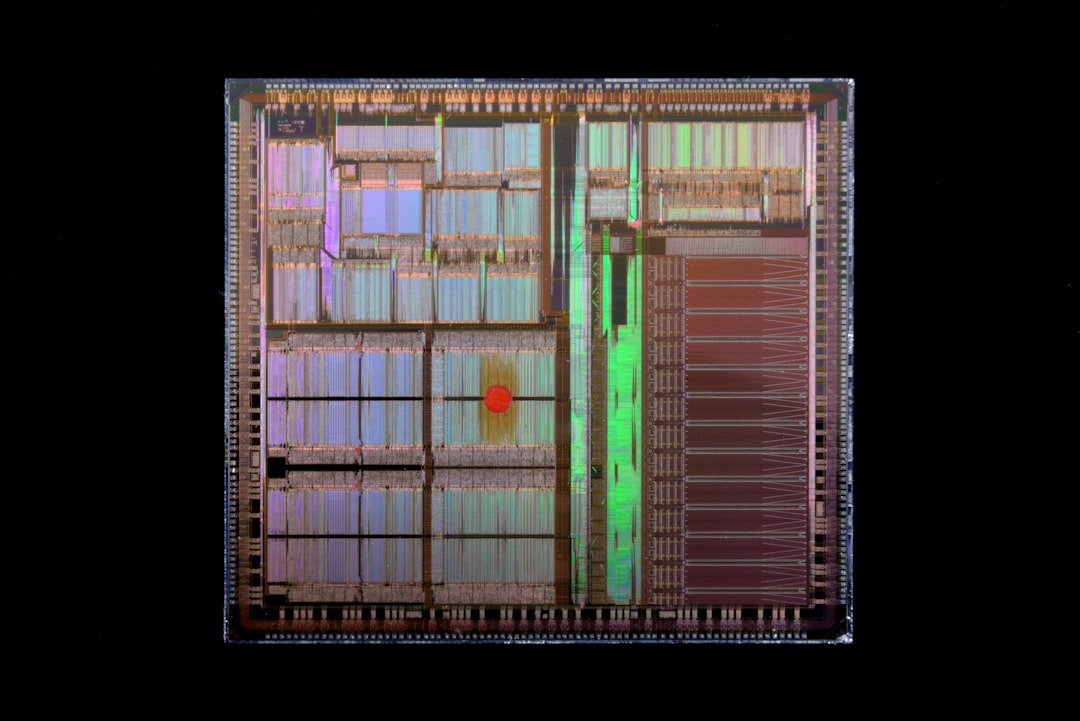What is it about?
Distributed software systems are pervasive and serve as backbones of modern society. Analyzing run-time code dependencies in these systems is a key technique for assuring their quality, but it is very challenging to balance the cost incurred by the analysis and the accuracy of analysis results. This work proposes a reinforcement learning based technique to automatically attain and sustain optimal cost-accuracy balance.
Featured Image

Photo by Sigmund on Unsplash
Why is it important?
Achieving an optimal cost-effectiveness balance is a long-standing and fundamental challenge in building software quality assurance tools. And typically the tradeoff is tuned manually before the tool starts, which gives secondary cost-effectiveness because of the execution dynamics of the system being analyzed.
Perspectives
While demonstrated in the context of dynamic dependence analysis, the methodology proposed is expected to apply to other kinds of dynamic analysis techniques, while the key ideas should inform the design of an even wider range of software quality assurance tooling support.
Haipeng Cai
Washington State University
Read the Original
This page is a summary of: S
EADS, ACM Transactions on Software Engineering and Methodology, January 2021, ACM (Association for Computing Machinery),
DOI: 10.1145/3379345.
You can read the full text:
Resources
Contributors
The following have contributed to this page










